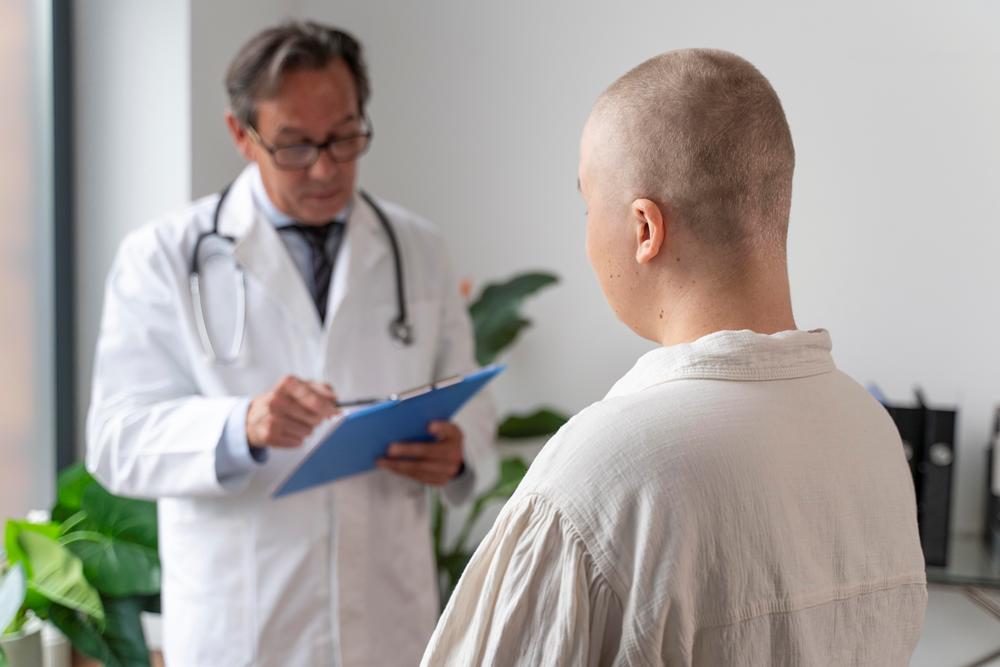New guidelines aim to make MS diagnosis quicker, easier and more accurate

Diagnosing one of the most common neurological conditions in the UK will become faster, following the publication of new international guidelines.
The revised criteria aim to make diagnosis faster and more accurate, reduce the risk of misdiagnosis, and help many people with MS to access treatment earlier.
Over 150,000 people live with multiple sclerosis (MS) in the UK. It is a progressive condition affecting the brain and spinal cord, causing a range of symptoms like blurred vision and problems with how we move, think and feel.
But prompt diagnosis allows people to start treatment sooner, which can help to slow down disease progression and prevent disability.
Dr Emma Gray, director of research at the MS Society, said: “Living with MS can be debilitating, exhausting and unpredictable. And all too often, getting an MS diagnosis is a lengthy, arduous process.
“But research tells us that starting treatment quickly is key to reducing disability in the long term.
“So we’re thrilled that, from today, neurologists will have additional ways to diagnose MS and speed up the process.”
MS affects everyone differently so, for many people, getting a diagnosis can take years. It can involve a lengthy process of tests like MRIs and multiple appointments with specialists, leaving patients without answers or access to crucial disease modifying treatments (DMT) for long periods of time.
But now, the diagnostic guidelines have been updated to support healthcare professionals to diagnose MS sooner.
Gray said: “While this is great news, the NHS is clearly under significant strain, with long waiting lists for appointments and diagnostic tests.
“This means people from across the country will still face delays before getting the answers and treatments they need.
“We will continue to fight to ensure that people get a diagnosis as soon as possible.”










